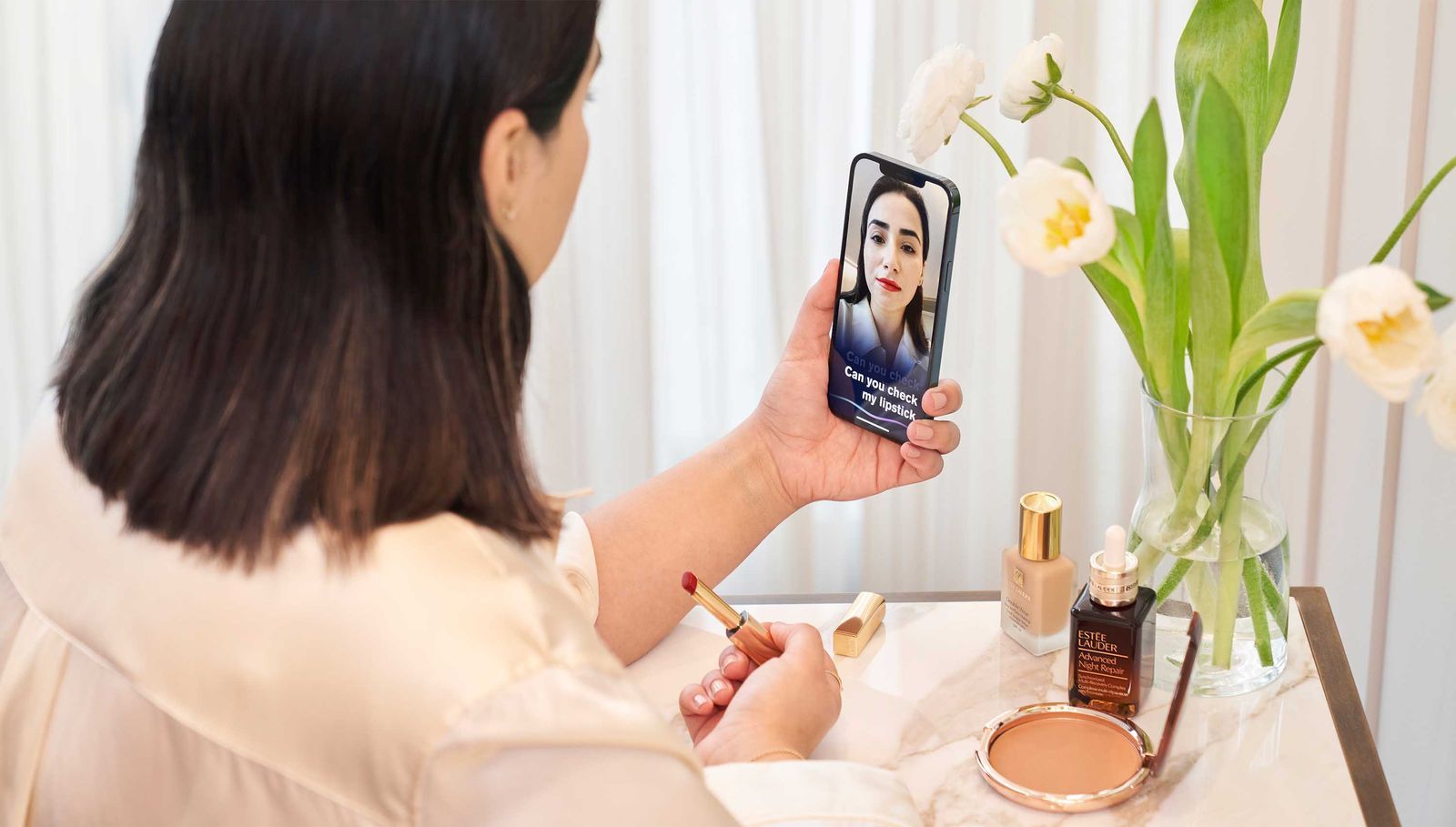Getty
When a wave of illness finally makes its way through the household, most families feel equal parts relief and exhaustion. The worst is over—the fevers have broken, the tissues have dwindled, and everyone is slowly regaining their energy. But once the coughing subsides and the medicine bottles are capped, there’s one last step that can make a big difference: giving your home a reset…….Continue reading…
By Hannah Nwoko
Source: Parents
.
Source:
Home detox is identifying the critical hygiene points and taking precautions in order to stop the spread of harmful germs. If not, it could lead to infectious diseases that kill over 17 million people a year. Cleaning is an important first step to make sure you remove most germs from surfaces in your home. Using household cleaners that contain soap or detergent will remove germs and dirt on surfaces. Cleaning alone removes most harmful viruses or bacteria from surfaces.
Personal hygiene refers to regularly washing parts of the body and hair with soap and water (including washing your hands and feet), grooming nails, facial cleanliness, covering coughs and sneezes, and menstrual hygiene. Personal hygiene practices can help you to feel fresh and healthy. Personal hygiene refers to regularly washing parts of the body and hair with soap and water (including washing your hands and feet), grooming nails, facial cleanliness, covering coughs and sneezes, and menstrual hygiene.
Personal hygiene practices can help you to feel fresh and healthy. Practicing good personal hygiene is important for both physical and mental well-being. Good hygiene practices can reduce the risk of infections and illnesses, and improve the overall quality of life. Personal hygiene refers to maintaining the body’s cleanliness. Personal hygiene practices include hand hygiene, oral hygiene, hair hygiene, nail hygiene, ear and nose hygiene, and clothing hygiene.
Adhering to different types of personal hygiene helps you maintain good physical health, controls the spread of infections, and improves your overall sense of wellness. Take a shower every day, wearing shower sandals if using a shared bathroom. Avoid touching your eyes, nose, and mouth to prevent the spread of germs. Clean up dishes, throw away scraps, and properly store food leftovers that could develop foodborne bacteria or attract bugs and rodents.
By keeping your home clean, you can dramatically reduce your family’s risk of suffering from allergies, asthma, and other respiratory problems. In addition, you can also help to prevent the spread of bacteria and viruses by regularly cleaning and disinfecting your home. Do not bite your nails. after touching any unclean object. Wash hands regularly using soap and water before and after eating food. dirt may get accumulated in these areas.
What are some common infectious diseases that can result from poor hygiene? Athlete’s Foot, body lice, head lice, choric diarrhoea, dental caries, skin diseases, and ringworm are the most common infections. Keeping our houses clean requires a consistent routine and effective strategies. First, establish a cleaning schedule that includes daily, weekly, and monthly tasks. Daily tasks might include making the bed, washing dishes, and tidying up common areas.
It means being careful not to cough or sneeze on others, cleaning things that you touch if you are unwell, putting items such as tissues (that may have germs) into a bin, and using protection (like gloves or condoms) when you might be at risk of catching an infection. You can practice hygiene habits yourself, like brushing twice a day, bathing regularly, and washing hands after using the toilet and before eating and they follow.
You can practice hygiene habits yourself, like brushing twice a day, bathing regularly, and washing hands after using the toilet and before eating and they follow. You can practice hygiene habits yourself, like brushing twice a day, bathing regularly, and washing hands after using the toilet and before eating and they follow.
There are five key factors involved when cleaning that are equally important: time, temperature, mechanical action, chemical reaction and procedures. Balancing these factors will produce the best possible results. When any one of these factors is out of balance, the results be inconsistent.
- Brush your teeth two or more times per day. …
- Always wash hands after using the restroom, upon returning home, and before/after touching food.
- Take a shower every day, wearing shower sandals if using a shared bathroom.
- Avoid touching your eyes, nose, and mouth to prevent the spread of germs.
The 4 types of sanitation include the Excreta management system, solid waste management system, wastewater management system, and drainage system. While there is no ideal frequency, experts suggest that showering several times per week is plenty for most people (unless you are grimy, sweaty, or have other reasons to shower more often). Short showers (lasting three or four minutes) with a focus on the armpits and groin may suffice.
:max_bytes(150000):strip_icc():format(webp)/GettyImages-1301439847-97c855e2177a46aea85b3fc2cd74ebd0.jpg)





Leave a Reply